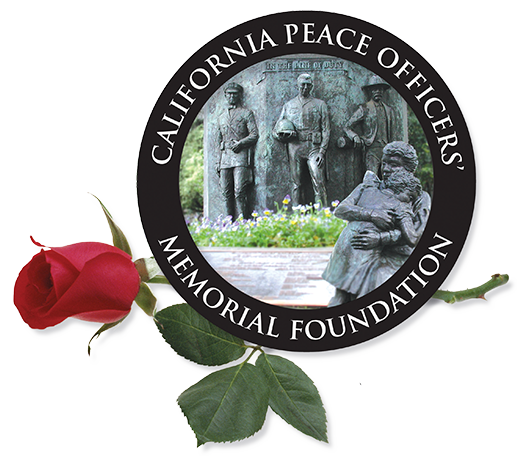Reprinted from the Weekly Colusa Sun
On the 17th of September, instant, about 8 o’clock a.m., a terrible tragedy occurred at the residence of William H. Hamilton, in Antelope Valley, about 27 miles northwest of Colusa, in which three good citizens, John A. McClain, E.P. Wells and Alonzo Stewart, were shot down in a most terrible manner.
The particulars of the terrible affair are as follows:
Hamilton had taken up a quarter section of land claimed by Alonzo Stewart, and the claims of the parties were brought before the County Court on the 1st of August and decided in favor of Stewart.
Hamilton, refusing to vacate the premises, a writ of restitution was placed in the hands of the Sheriff, and on the day of the tragedy, Deputy Sheriff McClain, accompanied by E.P. Wells, Alonzo Stewart and James Gongwer, proceeded to the house of Hamilton for the purpose of serving the writ and placing Stewart in possession of the premises.
Upon arriving, McClain and Wells entered he house, leaving their arms in the wagon, while Stewart and Gongwer remained on the outside.
Sheriff McClain stated that he had visited the house the day before, and that Hamilton was not at home, and that he must obtain permission of the premises, or something to that effect.
Mrs. Hamilton was lying in bed, and Robert Hamilton, brother of William, remarked that the wife of his brother could not be removed, as she was sick.
Something was said about removing the furniture, Mrs. Maun, who was officiating as nurse, endeavored to persuade McClain to step into the kitchen, but he refused.
McClain then said, “Disarm that man,” alluding to Robert Hamilton.
The evidence in relation to proceedings here are conflicting. Mrs. Maun stating that McClain shot first, while Gongwer, who was standing in the front door, states that Robert Hamilton was the only party who fired, and who shot McClain with a pistol, the ball taking effect in his head, and scattering his brains on the floor, killing him instantly.
Hamilton then wheeled and shot Wells, the ball piercing his heart, causing instant death. From an examination of the body of McClain, it would appear that a shotgun was brought into requisition. McClain fell lifeless near the bed occupied by Mrs. Hamilton, while Wells fell on the floor near the front door.
Upon the firing inside the house, Stewart and Gongwer fled, but were pursued by Hamilton on horseback and overtaken about 600 yards from the house.
Stewart plead for his life, but to no effect, as Hamilton shot him six times with a pistol and twice with a shotgun, each shot taking effect. Stewart fell and was not found until sometime afterwards, when he was taken to Brown’s ranch, in great misery, but conscious.
Gongwer escaped without injury, but was shot at in his retreat. Physicians were sent for, and upon the arrival of Dr. Belton and Dr. Davison, they found Stewart in the full possession of his senses, but rapidly sinking, and he expired about 5 o’clock.
Mr. McClain was an old resident of Colusa, highly respected as a gentleman and a man of honor. He leaves a wife and four children.
Mr. Stewart was an old pioneer, a resident of Colusa, and a cattle dealer who had amassed considerable fortune; was a gentleman of enterprise and whose loss will be severely felt by the people of Colusa County. He leaves a wife and child.
Mr. Wells was a single man, residing in the country, and bore an excellent reputation.
The bodies of the unfortunate men were buried in the Colusa Cemetery. The remains of Mr. Wells were followed to the grave at noon on Sunday by a large concourse of friends.
In the afternoon, the funeral of Mr. McClain took place, and he was buried with Masonic Honors, he being secretary of the Lodge. A large number of sympathizing friends joined in the procession that followed his remains to the grave.
The funeral of Mr. Stewart took place on Monday at 10 o’clock, and the attendance was large upon the solemn occasion.
On the night of the 17th, Justice Mason summoned a jury and held an inquest on the three dead bodies. The verdict of the jury was that the deceased came to their deaths by gunshot wounds, by the hands of Robert Hamilton.
Sheriff Stanton and posse started out on Saturday for the purpose of arresting the Hamilton brothers, but they could not be found, and the supposition is that they have concealed themselves in the hills of the Coast Range.
Much feeling has been exhibited in this section in regard to this sad affair, and two families have been deprived of worthy protectors, and our community has lost three good citizens, who have thus suddenly been carried off by violence.
